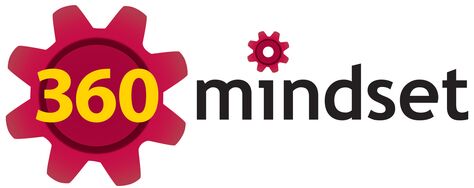Coach Lowell Wightman
Dr. Lowell Wightman, who is often referred as Coach Wightman, has dedicated over 30 years to the study of defining positive mindset and applies practical methods to improve leadership style. In the 80’s and 90’s Lowell worked with legal, medical and accounting practices to developing training curriculums.
During this time he built relationships with Stephen Covey, Deepak Chopra, Mark Victor Hansen, and Dennis Waitley discovering that a focus on positive processes is far more effective then just the end results. Today Lowell uses his experience with college and professional athletes to enrich leadership theory models as he presents to business audiences.
His years of experience are referred to routinely when Mr. Wightman teaches his Master Coaching course at Colorado State University (CSU). He developed this course for anyone in a role of trust and leadership. Lowell is a PhD in Educational Leadership & Human Development and is a curriculum leader in Education- Adult Education & Training. The combination of business and sports experience sets Lowell apart with organizations looking to assess cultural desire, implement agile performance strategies, and promote methods that deliver perscribed results.
For three season (2012 to 2014) Coach Wightman was the Mental Conditioning Coach for CSU football team and was responsible for creating and delivering team mindset development. Mr. Wightman’s favorite quote summarizes his philosophy and passion for discovering the best path to performance excellence

“WE CANNOT SOLVE OUR PROBLEMS WITH THE SAME THINKING WE USED WHEN WE CREATED THEM.” – ALBERT EINSTEIN
MENTAL PERFORMANCE COACHING
Mental Performance Coaching for athletes creates drills and training that combines the strength and conditioning development programs into one mindset designed to produce excellence. Our training programs and exercises are customizable to each athlete and team so that the performance attitude is focused on process execution.
Developing team and individual strategies for creating mental toughness is an essential first step to the mental performance coaching process. Formal assessment tools are also used to measure readiness and resiliency of individuals and teams. Your industry demands and personal goals will determine your level of leadership development and mindset management.

“He recovered quicker, he was oxygenated, and the next day his recovery was much more efficient. But it required training, a thoughtful inquiry into who are you, what’s happening, what are the obstacles, and then creating a process that connects all the pieces.”
“We work ourselves out of jobs – make an impact, a lasting impact with a process that works based on scientific assessments. That’s what we do with RMP measurments. Let’s measure why you are present!”

Coach’s Recommendations
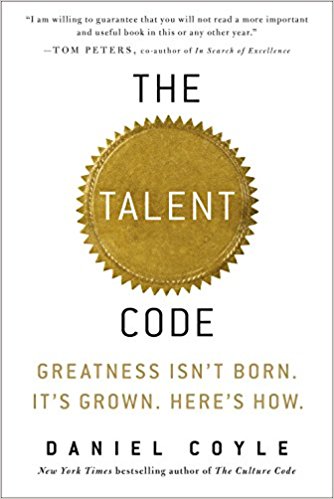
The Talent Code: Greatness Isn’t Born. It’s Grown. Here’s How, by Daniel Coyle
What is the secret of talent? How do we unlock it? In this groundbreaking work, journalist and New York Times bestselling author Daniel Coyle provides parents, teachers, coaches, businesspeople—and everyone else—with tools they can use to maximize potential in themselves and others.
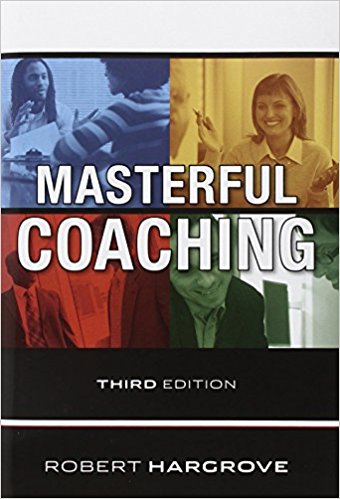
Masterful Coaching, by Robert Hargrove
When the first edition ofMasterful Coaching was published, it quickly became the standard resource for anyone who was a coach, considering becoming a coach, or curious about being an extraordinary coach. In this completely revised third edition of his groundbreaking book, Hargrove presents his profound insights into the journey to of becoming a masterful coach along with guiding ideas, tools, and methods.
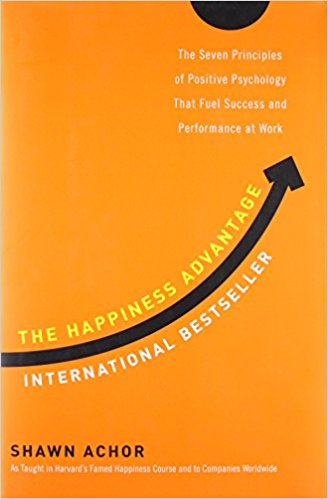
The Happiness Advantage: The Seven Principles of Positive Psychology That Fuel Success and Performance at Work, by Shawn Achor
In The Happiness Advantage, Shawn Achor, who spent over a decade living, researching, and lecturing at Harvard University, draws on his own research—including one of the largest studies of happiness and potential at Harvard and others at companies like UBS and KPMG —to fix this broken formula. Using stories and case studies from his work with thousands of Fortune 500 executives in 42 countries, Achor explains how we can reprogram our brains to become more positive in order to gain a competitive edge at work.

New York Times Bestseller! In his popular Stanford University lectures
Shirzad Chamine reveals how to achieve one’s true potential for both professional success and personal fulfillment.His groundbreaking research exposes ten well- disguised mental Saboteurs. Nearly 95 percent of the executives in his Stanford lectures conclude that these Saboteurs cause “significant harm” to achieving their full potential. With Positive Intelligence, you can learn the secret to defeating these internal foes.
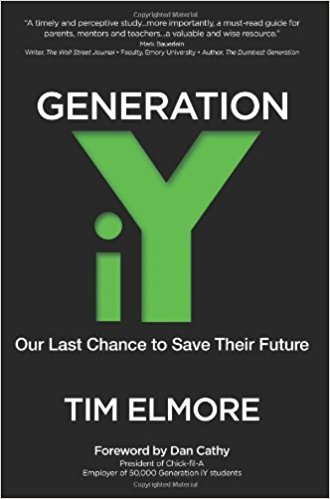
Generation iY: Our Last Chance to Save Their Future, by Dr. Tim Elmore and Dan Cathy
The one book every parent, teacher, coach, and youth pastor should read.
This landmark book paints a compelling—and sobering—picture of what could happen to
our society if we don’t change the way we relate to today’s teens and young adults.
Researched-based and solution-biased, it moves beyond sounding an alarm to outlining
practical strategies to:
- Guide “stuck” adolescents and at-risk boys to productive adulthood
- Correct crippling parenting styles
- Repair damage from (unintentional) lies we’ve told kids
- Guide them toward real success instead of superficial “self-esteem”
- Adopt education strategies that engage (instead of bore) an “i” generation
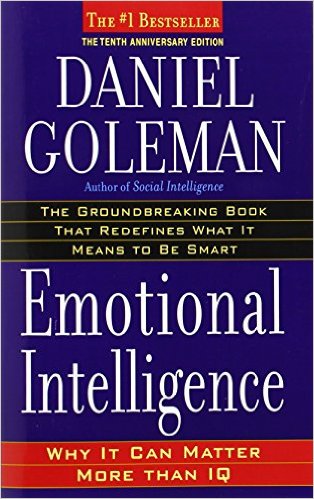
Emotional Intelligence: 10th Anniversary Edition by Daniel Goleman
Goleman, a psychology professor at Rutgers, introduced the world to the concept of Emotional Intelligence (“EI”) with this groundbreaking book from 1996. The author outlines a wide array of competencies and skills that drive leadership performance. The four main constructs of EI are: Self-Awareness, Self-Management, Social Awareness, and Relationship Management. Importantly, unlike IQ, emotional intelligence can be learned and developed.
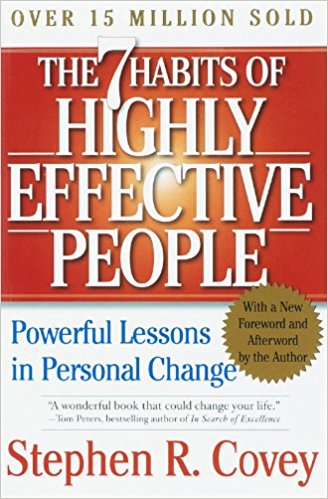
7 Habits of Highly Effective People, by Stephen R. Covey
What author Stephen R. Covey advocates is no less than a paradigm shift—a major change in how readers perceive the world. This encompasses time management, proactivity, positive thinking, spiritual life, communication, and more. With compelling anecdotes and penetrating insight on every page, Dr. Covey guides the way to a life lived with integrity, service, dignity, and success—both at home and at work.
